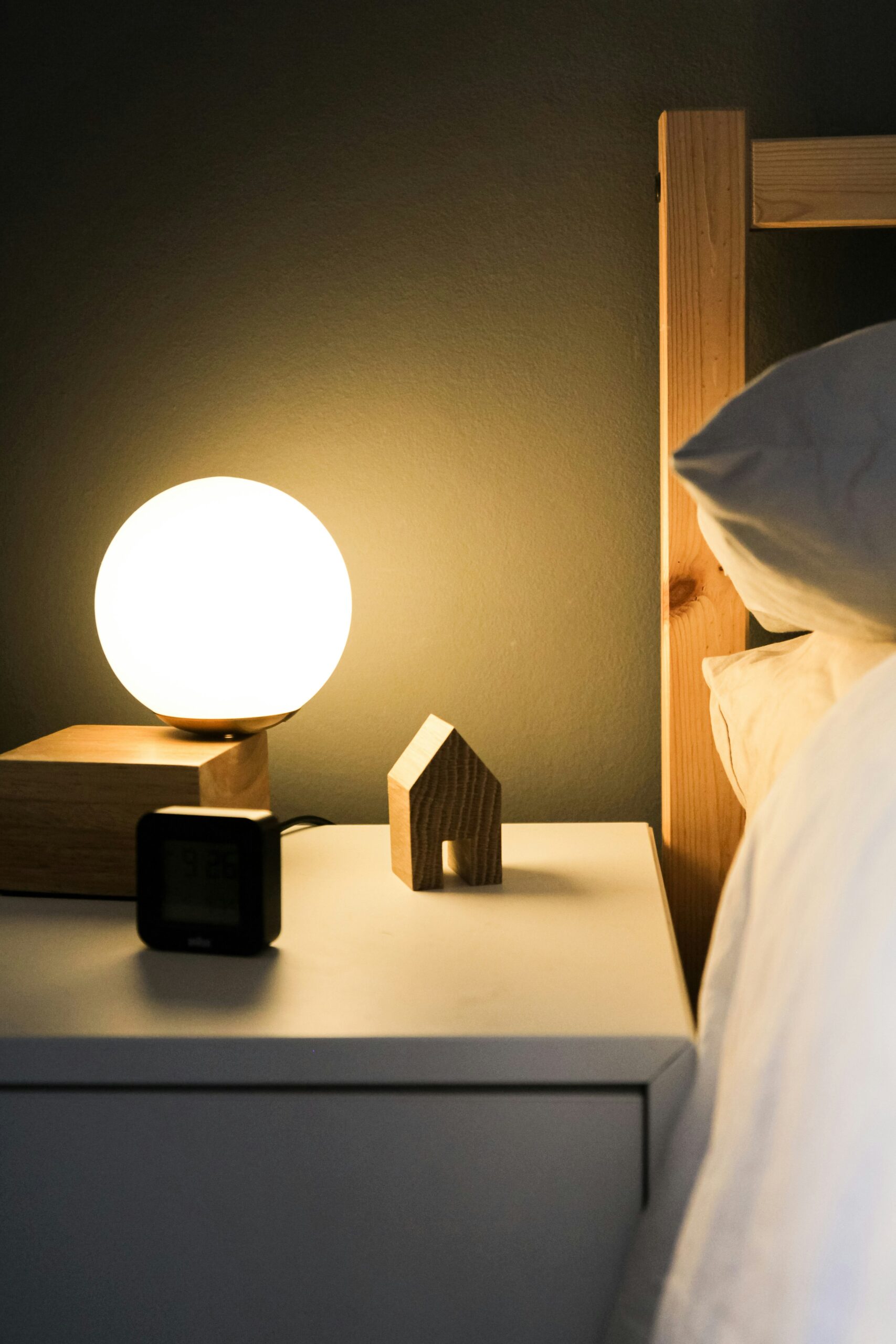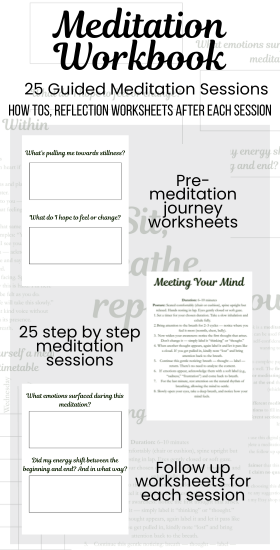Doctors recommend 7 to 9 hours of sleep per night however it can be very challenging for a lot of people to get the right amount of sleep. We all have busy schedules and often end up prioritising other things rather than getting an early night in, and if this is not the case, then it is also true that a lot of people don’t sleep enough due to insomnia or lacking a reliable sleep routine. Once you get yourself into a bad sleeping habit, it requires a lot of patience and dedication to get it back to a good and healthy place. Read this blog to uncover what happens to your mental health when you have routine poor quality sleep, and a few tricks to get yourself back on your feet (or rather your bed!).
The Role of Cortisol
Cortisol is a hormone that is in charge of your fight or flight mode. What this means, is that as this hormone increases, you feel more and more stressed. In order to combat this, your body reduces the levels of cortisol back to a calm amount during sleep. It is therefore clear to see that if you’re lacking a good amount of sleep, the levels of cortisol in your body will not have the chance to reduce and refresh for the next day – and so you are likely to have higher levels of stress. Beyond this, too much cortisol can cause weight gain and if you have less than five hours of sleep a night, your blood pressure will become high.
Learn more about long-term stress with this article: What Makes Chronic Stress Contribute to Anxiety and Depression
Your Immune System
Whilst sleeping…
As you sleep your body fights illness and infection much more efficiently than during the day.
This means…
Good quality sleep will shorten your recovery time when you are sick.
And…
Good quality sleep means you’re less likely to get sick, it is preventative.
So overall…
The better your sleep routine, the less likely you are to fall ill and the faster you will recover from any illness.
The connection with Mental Health
When your ill, your mental health deteriorates slightly, no one feels good when they are ill.
And in turn…
A lowered mental health decreases the quality of your immune system, causing you to become more likely to get ill, hence, we find ourselves in a vicious cycle.
How to Improve the Quality of your Sleep
If you’re getting fewer than 8 hours of sleep and you feel like increasing your amount of sleep could benefit your mental health, then the first thing to do is to start trying to go to sleep earlier. The most effective way of shifting your sleep schedule is by changing it by only 10 or 15 minutes a day. This allows your body to adapt more smoothly, and you’re more likely to attain your final number of hours of sleep doing it in small increments than in big increments.
It can be really useful to ready yourself for bed earlier too, and to put more emphasis on winding down at the end of your day. This could be: making your bed first thing in the morning, start reading a book half an hour before you turn the lights out, taking a long hot shower, drinking a warm cup of tea, whatever it is – give yourself a chance to relax and let your body know that it is soon time to sleep. Setting a routine in place that you use every night will allow your body to recognise the patterns of your sleep schedule, and you’ll transition to more hours of sleep much more smoothly.
If you find you’re struggling to sleep due to too many thoughts in your head. Read this blog about Journaling, and start journaling as part of your night time routine!
Another little hack is to make sure you are tired enough at the end of your day. If you don’t move around a lot during the day, then consider going for a run or a walk, or signing up to a sports class/gym so that you’re more likely to feel tired when you actually get into bed to sleep. Be aware though, that it can be counter productive to do a lot of sport just before you get into bed, so if you want to start a sport – try to schedule it an hour or more before bed time.
Stuck for ideas on how to wind down before bed? Read these Best Mindfulness Techniques and implement them into your night routine!
References: Some other website links that discuss a similar topic







